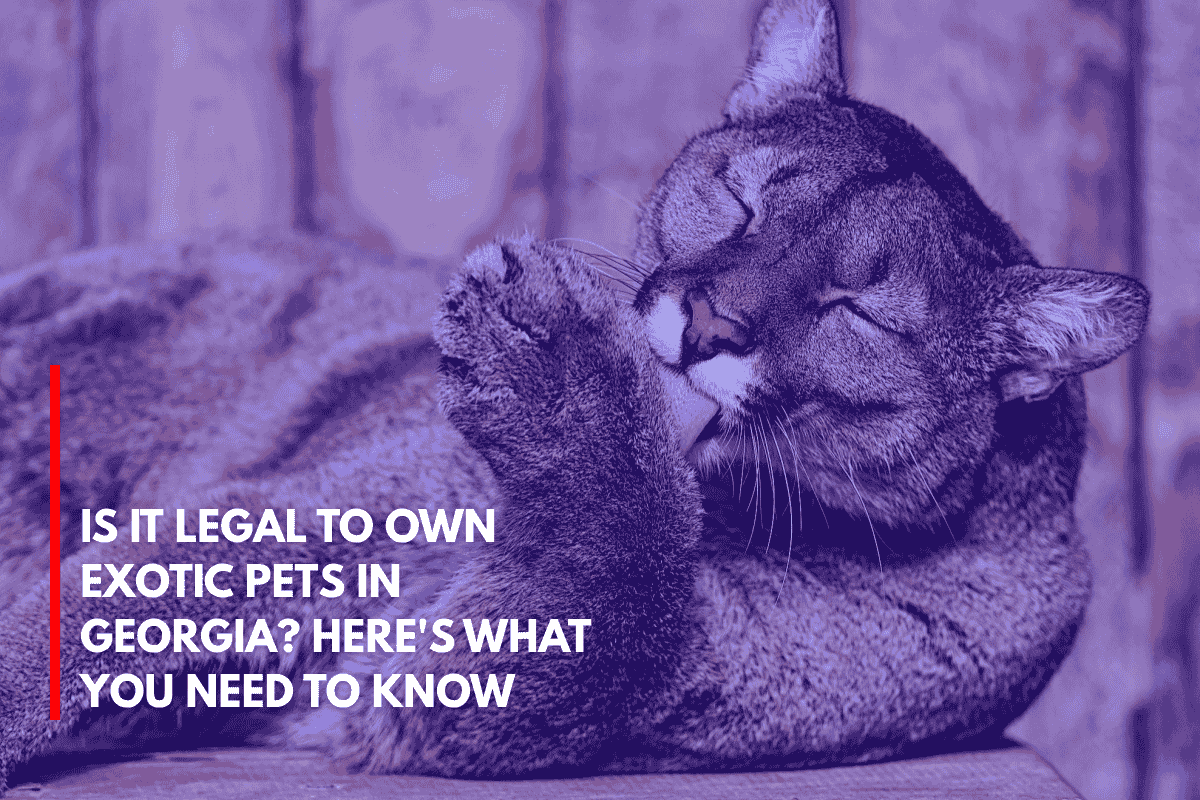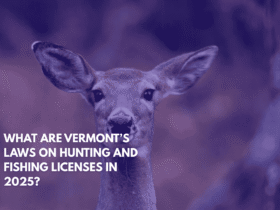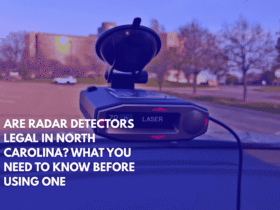Owning an exotic pet can be a unique and rewarding experience, but in Georgia, the laws surrounding exotic animal ownership are complex and carefully regulated. The state aims to protect public safety, animal welfare, and local ecosystems by controlling which animals can be kept as pets.
Understanding Georgia’s Exotic Pet Laws
Georgia does not have a single, comprehensive list of banned or allowed exotic pets. Instead, the state regulates exotic animal ownership through a combination of statutes and permit requirements overseen by the Georgia Department of Natural Resources (DNR). Most wild animals and birds are prohibited as pets unless specifically exempted or permitted.
Which Exotic Animals Are Restricted?
Wild Animals and Birds
Generally, wild animals such as primates (monkeys, apes), big cats (lions, tigers, leopards), bears, wolves, kangaroos, wallabies, and most marsupials cannot be kept as pets without a special permit. These permits are usually reserved for educational, scientific, or exhibition purposes rather than private ownership.
Reptiles and Amphibians
Certain large reptiles, such as Indian rock pythons, Burmese pythons, Argentine black-and-white tegus, Nile monitors, and specific turtles, are subject to registration and tagging requirements. Owners of these animals may keep them as pets if they register and tag them with the Georgia DNR by a specified deadline.
Wolf Hybrids and Other Hybrids
Wolf hybrids are banned outright in Georgia. Most exotic cat hybrids, such as Savannah cats, are also prohibited as pets.
Exceptions and Permitted Exotic Pets
Sugar Gliders
Sugar gliders are legal to own in Georgia, provided the owner has proper USDA documentation.
Ferrets
European ferrets are legal if neutered by seven months of age and vaccinated against rabies.
Permit and Registration Requirements
Wild Animal Possession Permit
A Wild Animal Possession Permit is required for most exotic animals not specifically exempted. These permits are difficult for the average person to obtain and are typically issued for educational, scientific, or exhibition purposes.
Registration and Tagging
Owners of certain regulated reptiles must register and tag their animals with the Georgia DNR. Failure to do so can result in penalties.
Liability Insurance
In some cases, owners of certain exotic animals may be required to obtain liability insurance.
Prohibited Activities
Release of Wild Animals
It is illegal to release any wild or exotic animal into the wild in Georgia.
Import, Transport, Sale, and Transfer
Importing, transporting, selling, or transferring many regulated wild animals without the appropriate permits is prohibited.
Native Wildlife
Native wildlife species are especially protected and cannot be kept as pets without special authorization.
Owning an exotic pet in Georgia is possible for some species, but the process is highly regulated. Prospective owners should always consult the Georgia Department of Natural Resources to ensure compliance with all current laws and regulations before acquiring any exotic animal. This helps protect both the public and the animals themselves.
Sources:
– https://www.wakeupcalltofarmers.com/the-exotic-animals-you-can-legally-own-in-georgia/
– https://gadnrle.org/exotics
– https://www.dontletitloose.com/pet-regulations/georgia/
– https://www.animallaw.info/statute/ga-exotic-pets-wildlife-chapter-5-wild-animals












Leave a Reply